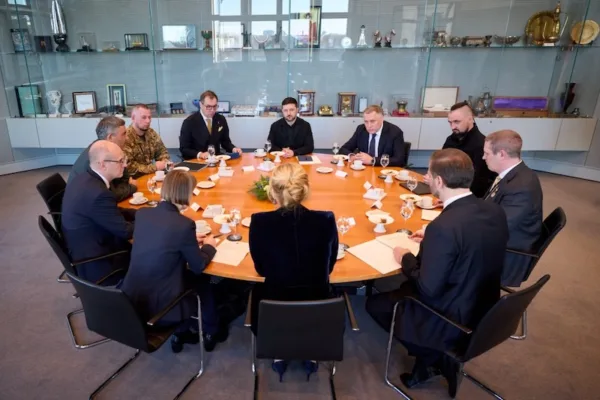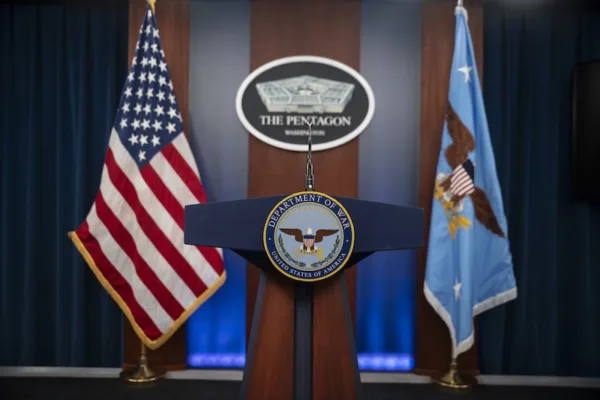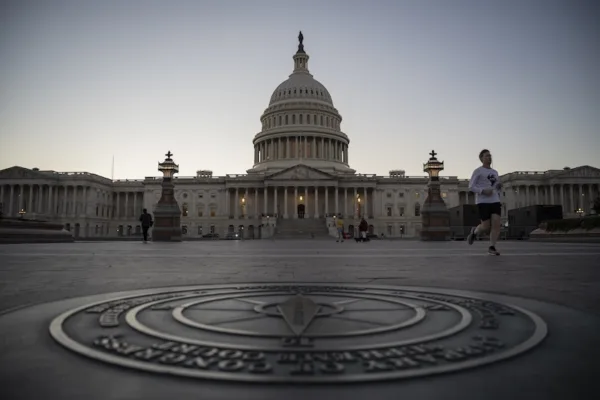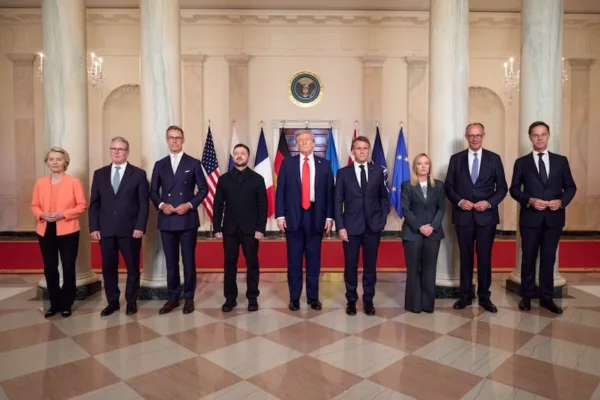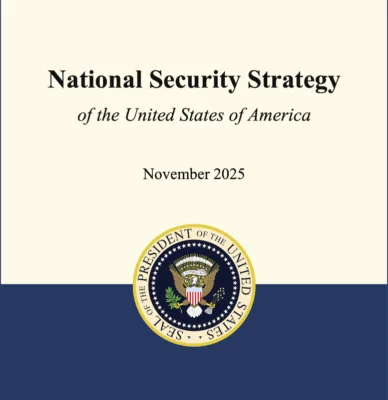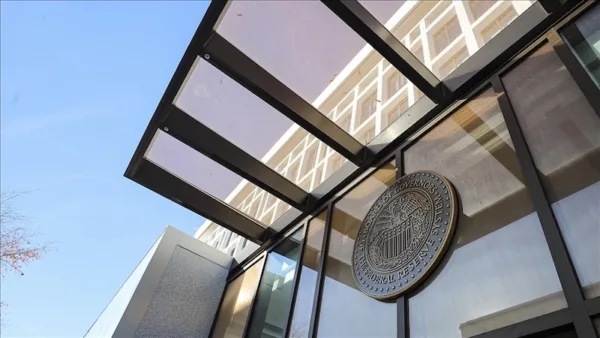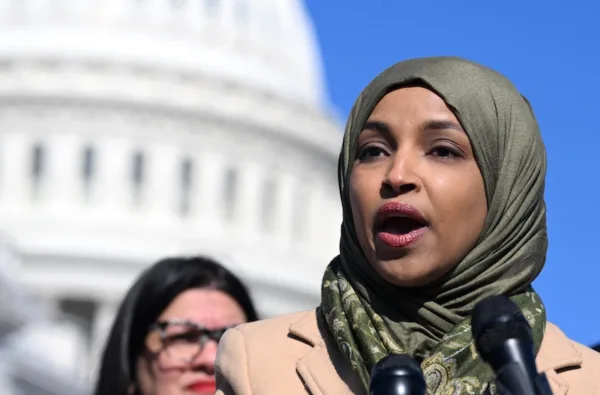A great challenge for regional powers
Just before the Qatar crisis erupted, Russian Colonel-General Sergey Rudskoy had stated that the plan to create de-conflicting zones in Syria was paying off and claimed that the civil war was effectively over. Nobody actually believed the idea that a cease-fire between the Assad regime and the Syrian opposition would mean that the war was over – simply because the Middle East doesn’t look the part right now. If anything, many people fear that the region might set the stage for new armed conflicts. It was no coincidence that German Foreign Minister Sigmar Gabriel recently warned about the risk of Qatar’s blockade setting off a new Gulf war. To be clear, Mr. Gabriel’s statement is much more serious than expressing concern about the situation and hoping that diplomatic efforts will succeed.
In my column last week, I posited that the “Trump effect” could worsen the conflicts and regional chaos of the past six years. At a time when there is plenty of chatter about the decline of the “liberal order,” I have no doubt that ordinary people in the Middle East will pay the price for the uncertainty and power struggles.
Unfortunately, the ambitions of regional powers – which they legitimize with frequent references to national interests — stops them from addressing pressing problems. The Qatar crisis is a case in point. And the region will witness far more serious power struggles in the near future. It’s a good time to ignore Turkey’s emphasis on mutual interests, common security and fraternity.
As Daesh remains cornered in Mosul and Raqqa, Syria and Iraq are getting ripe for a new conflict. Although some experts would like to believe that Iran will move closer to Turkey in light of the Qatar crisis, Tehran hasn’t changed its mind about working with the PKK and the People’s Protection Units (YPG). To be clear, the country remains committed to safeguarding its interests in Syria and Iraq with Hashd al-Sha’bi and PKK militants on the ground. After all, the “resistance” corridor that runs through Iraq, Syria and Lebanon is of vital importance for Iran. Meanwhile, both the regime forces and the Hashd al-Sha’bi have reached the Iraq-Syria border – possibly to work together on the PKK and Shia corridors.
The Iranian elites believe that they are experienced enough to watch over the architects of their expansionist policy from Yemen to Lebanon. After all, they have been enlisting the services of proxies since the 1979 revolution. Although Iran could keep the Shiite militias under control, the PKK is an entirely different case because the group simultaneously works with Tehran, Washington and Moscow to reach its pan-Kurdist goals.
As the Gulf nations impose sanctions on Qatar and designate the Muslim Brotherhood and others as terrorist groups, they push Hamas back to the Iranians. Of course, it could be the case that they are taking such steps deliberately to ensure that the Muslim Brotherhood (terrorists according to Egypt and the Emirates) and Hezbollah and Hamas (Israel’s terrorists) will end up on the same side of the conflict between the Gulf and Iran.
Needless to say, Daesh attacks in Iran, along with acts of terrorism in the predominantly Shiite parts of Saudi Arabia, will continue to make headlines – just as the Israelis want. Conveniently enough, the new situation makes it possible for the Arab world to ignore the plight of Palestinians as Israel builds new settlements in the West Bank.
The region’s Muslim powers face a great challenge indeed. At this point, national security threats related to the disintegration of neighboring countries and terrorism are very difficult to manage. As such, regional players are all looking out for their own interests at this time. Even Iran isn’t immune to the risks: The black hole that could emerge when Iraq and Syria disintegrate could create domestic problems for all regional powers. Although the Middle East is heading for a cliff, regionwide polarization –which only serves Israel’s interests— continues to deepen.
This article was first published in Daily Sabah on June 15, 2017.



